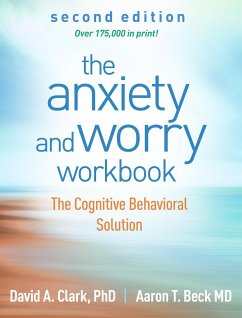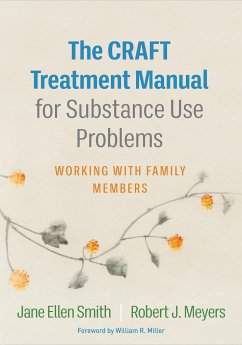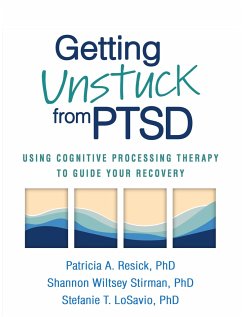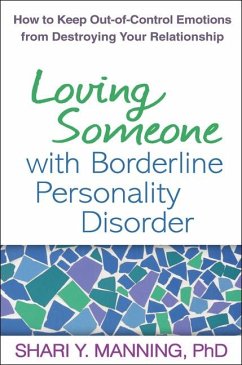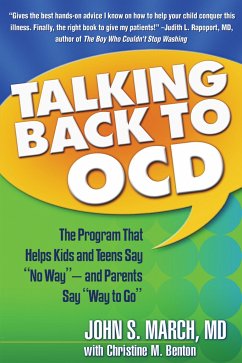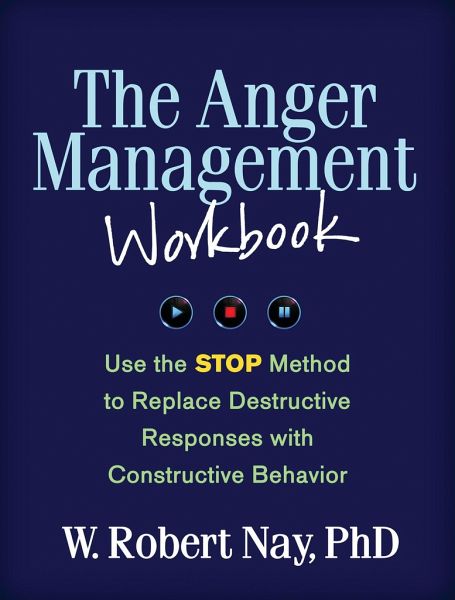
The Anger Management Workbook
Use the STOP Method to Replace Destructive Responses with Constructive Behavior
Versandkostenfrei!
Versandfertig in 2-4 Wochen
34,99 €
inkl. MwSt.

PAYBACK Punkte
17 °P sammeln!
Out-of-control anger can destroy relationships, reputations, careers--even your health. But Dr. Robert Nay knows from extensive clinical experience that nearly anyone can learn to manage anger constructively--with enough practice.





